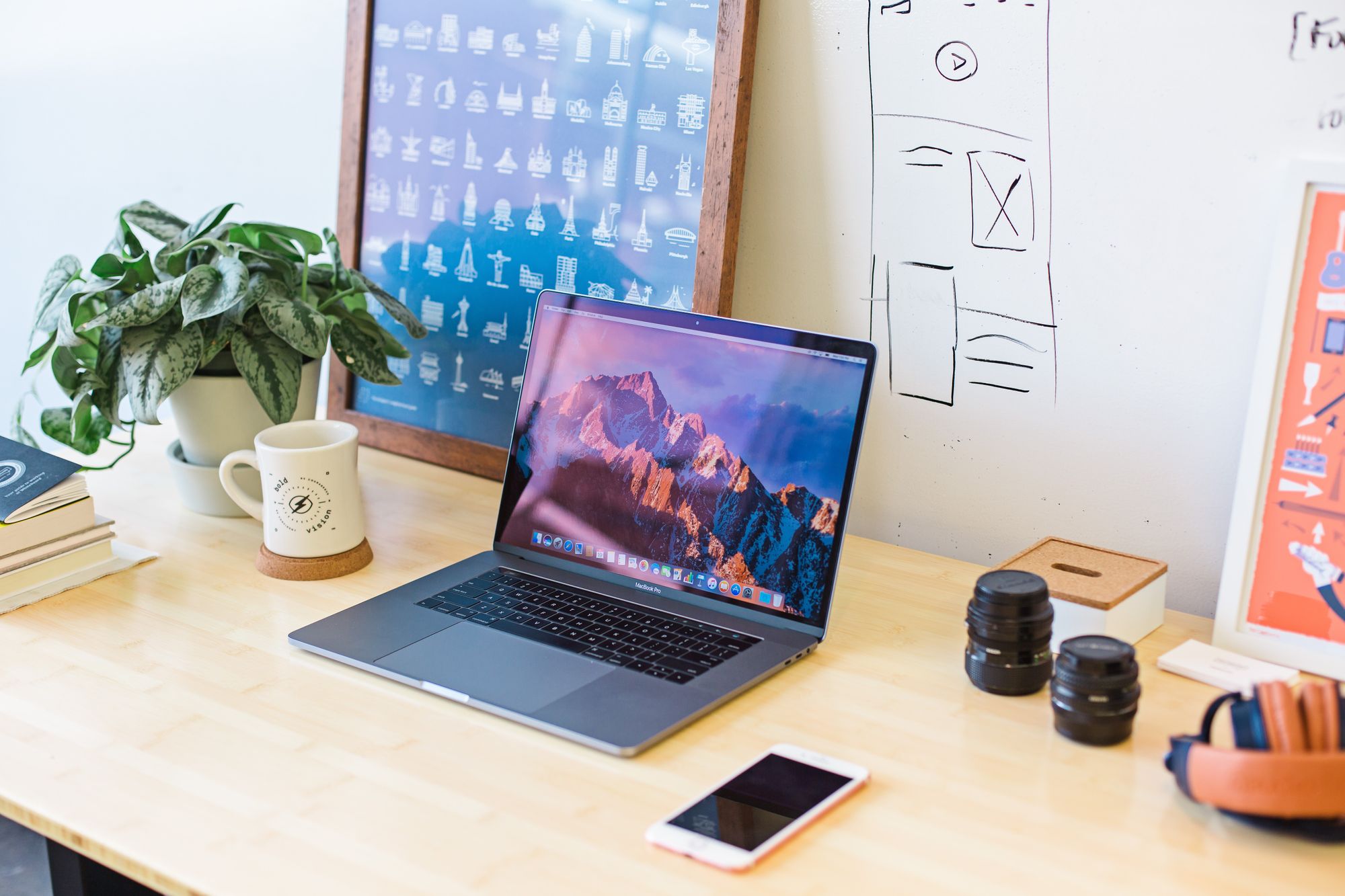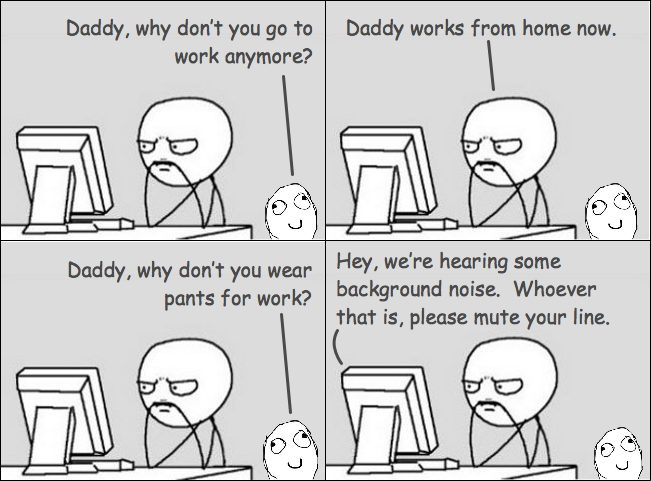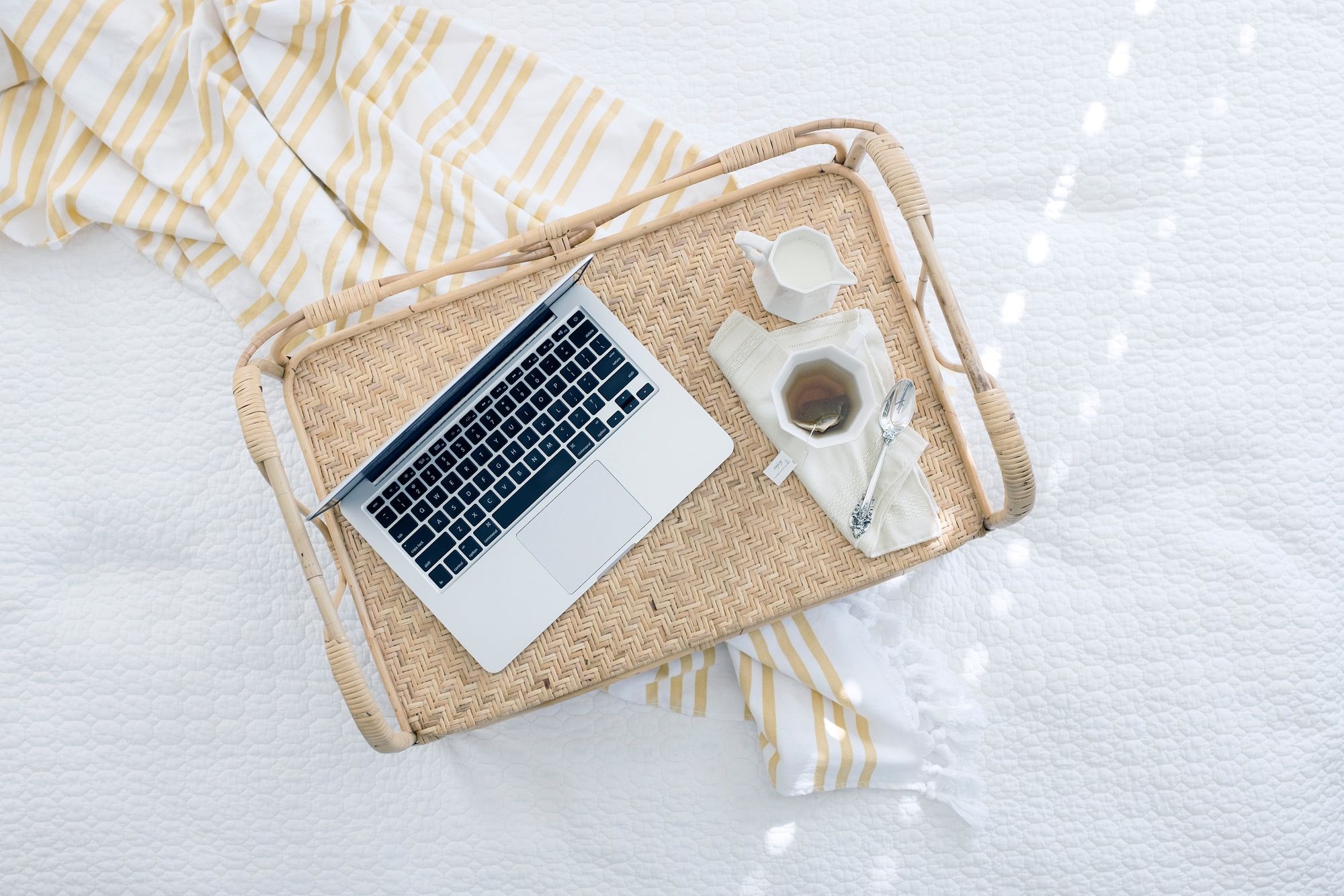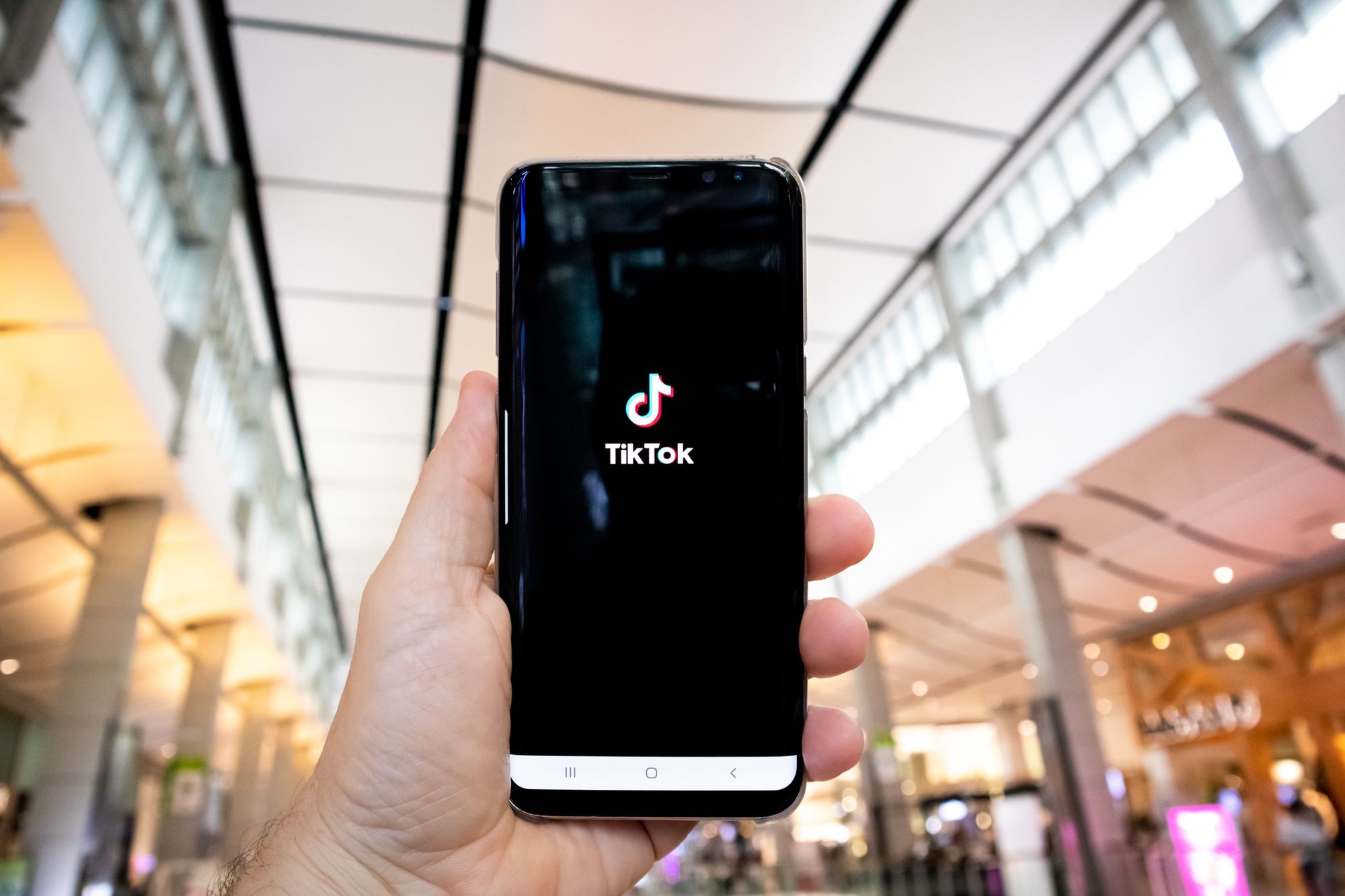
The Science Behind Why We Should Never Work From Bed
Head of Communications & Content @ Buffer
There is a lot of imagery that comes to mind when someone says “working from home.” A quick Google Search yields results that are anything from someone working on the floor surrounded by pets, to people holding babies during calls, to someone working in pajamas.

Source: Ray Wenderlich
A lot of these things (the pajamas and family at least) are things you can’t always do at a regular office. Sometimes the pets as well, but I know plenty of offices that are becoming dog-friendly recently.
What these images represent isn’t that working from home is like working from a comfortable zoo (although sometimes it is) it means that when people think of remote work they tend to associate it with freedom. The freedom to wear what you want to work, the freedom to spend more time with family, and the freedom to have a zoo at home if that’s your cup of tea.
In a lot of ways, I do think that remote work does allow a lot more freedom than a traditional office. But from another perspective, to work smarter and healthier, it helps to adopt a level of self-control and a set of boundaries when working remotely. This is especially important if you’re working from your own home, versus a coworking space or cafe where you might still have some work and home separation.
Working from your own home means it would be effortless to spend all day in bed (often the comfiest place in the house.) According to one study, that’s precisely what some people do. This study found that 80% of young professional admit to working from bed. Who can blame them, right?
Well, while I agree that beds are the best, working from bed is something I’ve actively avoided throughout my career. When I started working 100% remotely at Buffer, I set the rule for myself that I would never work from bed. In this post, I want to go over the three reasons why let’s dive in!

Photo by Annie Spratt
Three Reasons I Never Work From Bed
1. The Bedroom Isn’t As Relaxing
There is something about having separate spaces in your home. It’s nice to eat in a place where you don’t relax and sleep in an area that you don’t work. These mental associations can be complicated to maintain, though.
At one point I was living and working from a bachelor apartment. I still managed to create different spaces for eating, working, and sleeping, even though it would have been a lot easier just to work and eat from my bed.
The Division of Sleep Medicine at Harvard backs up the idea that work shouldn’t happen where you sleep, too. They say, “Keeping computers, TVs, and work materials out of the room will strengthen the mental association between your bedroom and sleep.”
Meaning that if you’re working from bed, it can become more difficult to fall asleep since your brain will think you’re in a place of work.
2. Separation Between Work and Home
Unless you leave home to go to a coffee shop or coworking space, working from home can mean it’s tough to separate work from your regular life because you both relax and work in the same place. It’s easy to start mixing the two, but it’s best not to.
According to the Harvard Business Review’s Guide to Being more Productive, they mention: “Unless you are careful to maintain boundaries, you may start to feel like you’re always at work and losing a place to come home to.”
Being “always at work” doesn’t sound like anyone’s idea of a balanced lifestyle. This is another reason to stay out of bed while working, but also have a space dedicated to work and another dedicated to relaxing.
3. Quality of Sleep will Decrease
If I’m working from bed, it would mean bringing a laptop, or sometimes my cell phone, into bed, and I’m sure the same is true for many others. This can be bad for a person’s quality of sleep, though.
Working right before going to sleep, and looking at a bright screen, reduces the melatonin you need to fall asleep. This means it will be more challenging to get a better quality of sleep, which will affect your productivity the next day. Not only does this not sound relaxing at all, but it seems like something that affects both your work and your relaxation, a lose-lose situation.

Photo by Lauren Mancke
What To Do Instead of Work From Bed
Just like there are plenty of reasons not to work from bed, there are also plenty of things we can all do to avoid working from bed, get a better night’s sleep, feel comfortable in our own homes, and be more productive the next day. Here are the main two:
- Keep your devices far away from your bed
Creating that space for your bed and bedroom to be primarily for sleep goes a long way. This means not bringing devices into bed so that you can’t work there. Not only will this help you sleep better, but it’ll also help create that divide between home and work, so it doesn’t feel like you’re always working.
- Create a separate space for work
Since work shouldn’t happen in bed, it should have its own space. A space for work might be a specific table or an area of your home. If that’s tough for you, maybe you can check out a local coffee shop or coworking space to try and create that divide.
More Remote Work Tips
This post was put together in association with Trello’s Guide: How To Embrace Remote Work. Give it a read if you can’t get enough remote work strategies like this one.

Over To You
Getting a good night’s sleep means being more productive and alert the next day, which helps us all do our best work. Plus, for people who want to work remotely from home long term, it’s essential to maintain that physical and mental break between work and rest.
I’d love to hear your take on this! Have you ever worked from bed? Which space do you most enjoy working from in your home?
Cover photo by Mia Baker
Try Buffer for free
140,000+ small businesses like yours use Buffer to build their brand on social media every month
Get started nowRelated Articles

TikTok's parent company must divest the app or face a ban in the U.S. Here's everything we know, plus how to plan ahead.

How the Buffer Customer Advocacy Team set up their book club, plus their key takeaways from their first read: Unreasonable Hospitality by Will Guidara.

In this article, the Buffer Content team shares exactly how and where we use AI in our work.